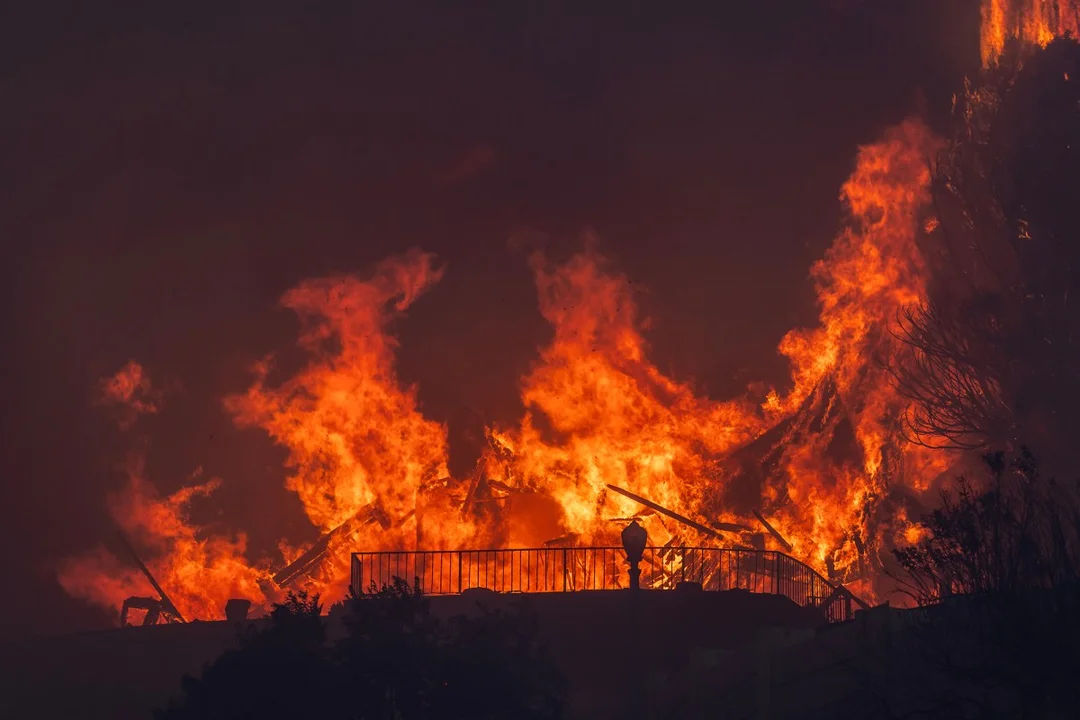
What Stalls California’s Bold Climate Accountability Bill?
California's recent efforts to hold oil companies accountable for the environmental catastrophes exacerbated by climate change faced a significant setback last week, sparking widespread debate among lawmakers, labor unions, and environmental advocates. The bill, introduced by State Senator Scott Wiener, aimed to provide a legal avenue for wildfire victims and insurance companies to sue oil corporations for damages stemming from climate-induced disasters.
The concept behind the bill was straightforward: to compel fossil fuel companies to bear the financial consequences of their contributions to climate change. However, the Senate Judiciary Committee unanimously decided against advancing this critical legislation, largely due to opposition led by labor unions representing oil industry workers, highlighting a complex intersection of economic concerns and environmental advocacy.

Senator Wiener argued passionately during the discussion, referencing the devastating wildfires that have ravaged communities in recent years. “We’re not supposed to have destructive wildfires in the middle of winter,” he stated, pressing for the urgency of addressing climate change's financial burdens on individuals and the state. Many witnesses, including those who had lost homes to wildfires, emphasized the need for fossil fuel companies to pay their fair share in reparations.
However, despite the support from various environmental groups, the bill fell short, garnering only five votes in favor compared to eight opposed. Politicians cited fears that the legislation could lead to mounting gas prices and economic instability. Chris Hannan, president of the State Building and Construction Trades Council of California, claimed that the bill would impose an “unfair burden” on workers and lead to unpredictable increases in fuel costs without delivering tangible environmental benefits.

The extensive political influence of labor unions in California is not to be underestimated. With millions donated to legislators over the past several years, they have positioned themselves as formidable players in shaping policy outcomes. This fact raised questions about the balance of environmental accountability versus economic stability, echoing within the closed-door discussions of the Capitol.
The dichotomy is stark: while climate advocates argue for the necessity of holding corporations accountable, union leaders warn that doing so might jeopardize the livelihoods of thousands of workers dependent on the oil industry.
As debate continues over environmental responsibility, the failure of SB 222 illuminates a concerning trend within California politics where substantial corporate interests can navigate around progressive climate legislation by leveraging worker representation. The fate of climate accountability hangs in the balance, as the discussion forces Californians to grapple with lingering questions: Is immediate environmental accountability worth the potential economic fallout for working families? Are labor unions inadvertently stifling crucial environmental progress?
As the state grapples with escalating climate disasters, the urgency for effective legislative responses becomes increasingly apparent. California’s commitment to environmental justice continues to evolve, posing a challenge for policymakers to seek solutions that address both ecological and economic considerations. What path will California take next to confront this intersection of interests? Your thoughts and comments are welcome as we look toward future legislative sessions focused on sustainability.